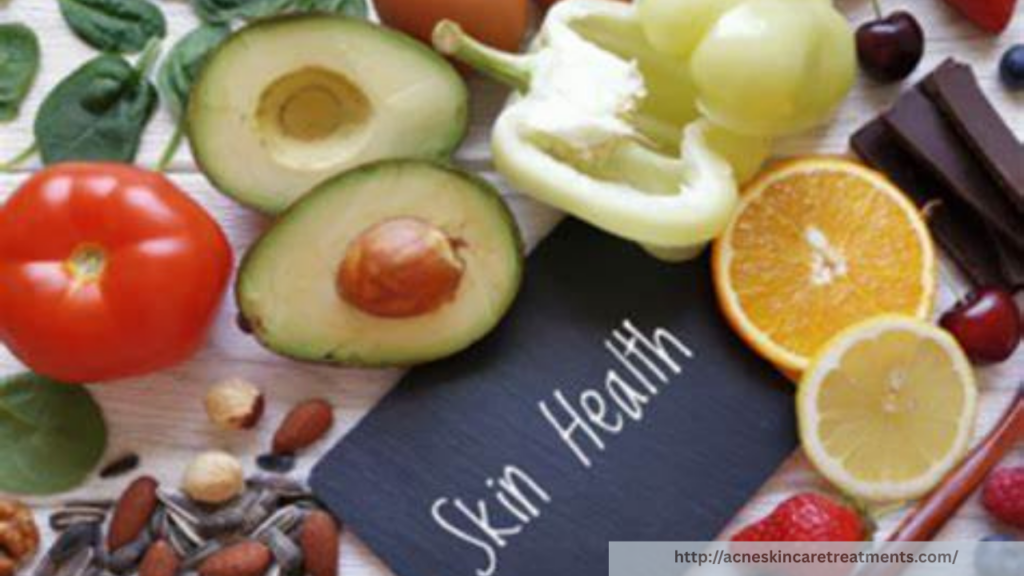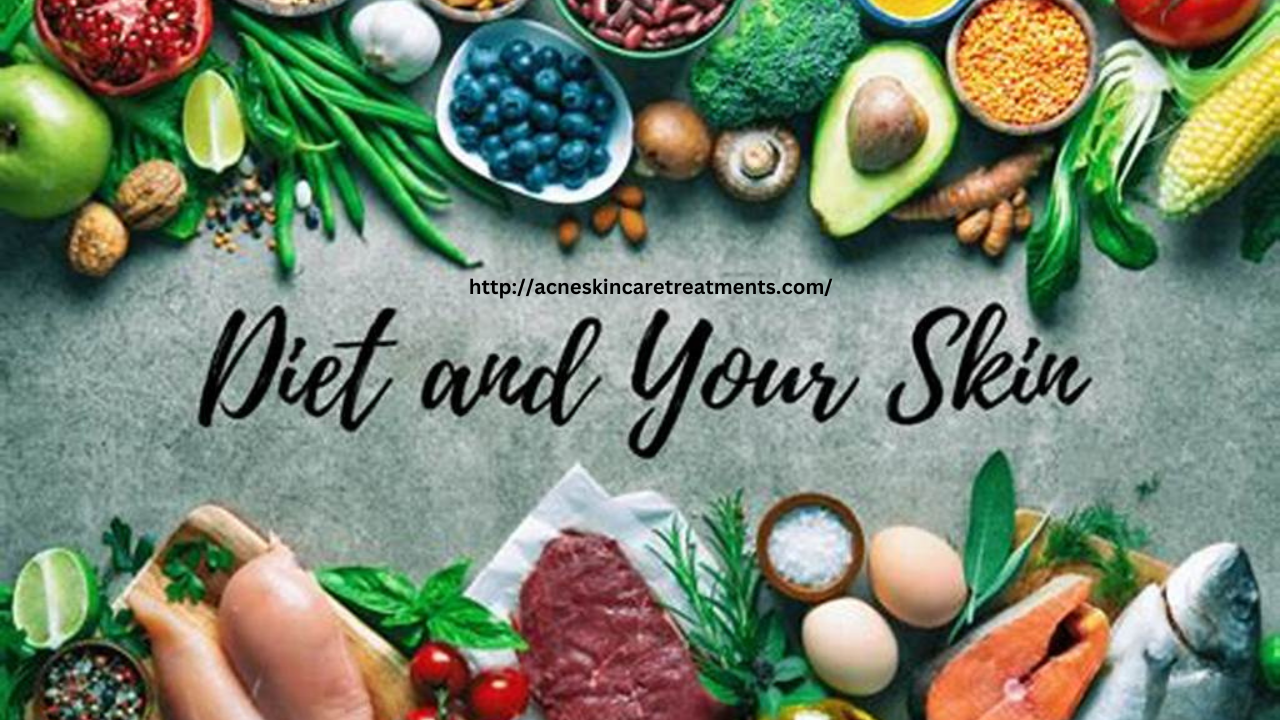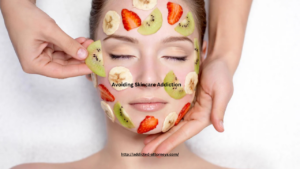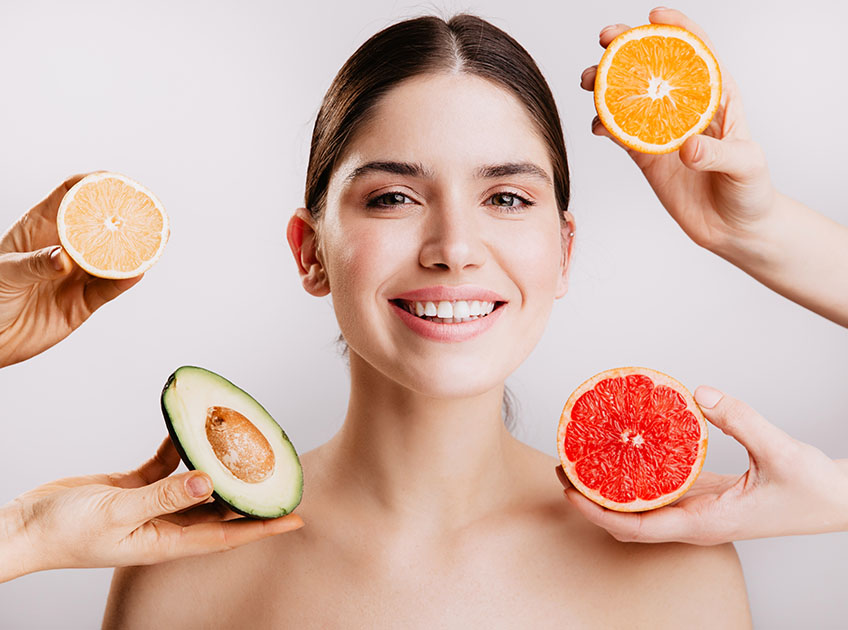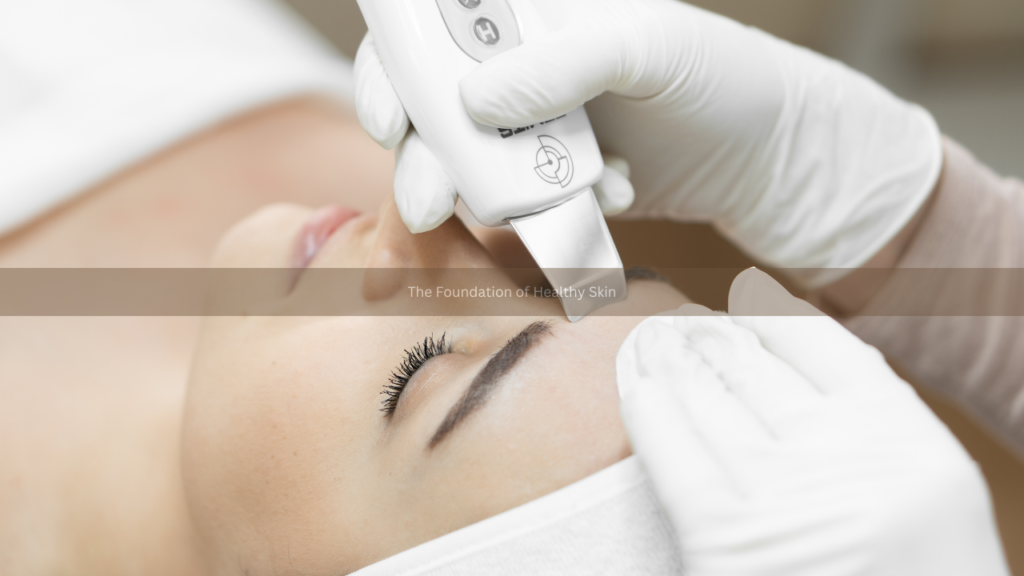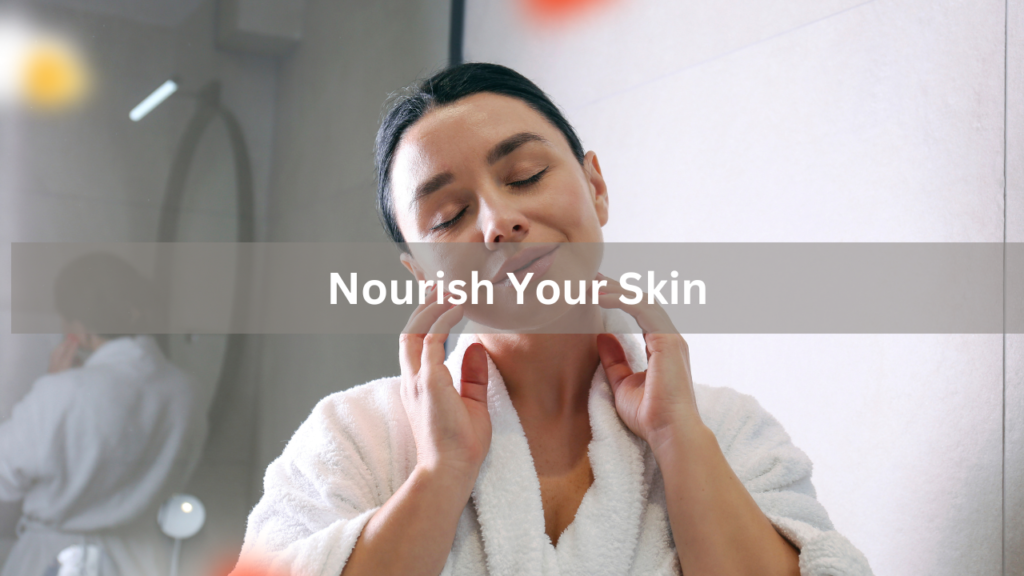In the pursuit of glowing, flawless skin, it’s common to turn to skincare products that promise instant results. While creams, serums, and toners can provide temporary benefits, they often serve as band-aid solutions. The real secret to lasting skin health lies beyond the surface. What you eat has a profound impact on your skin’s appearance, strength, and ability to regenerate. By nourishing your body from within, you can reduce your dependency on external skincare products and cultivate a naturally radiant complexion.
The Skin-Food Relationship
Skin health is deeply connected to what you put on your plate. A balanced, nutrient-rich diet feeds the skin cells, supports collagen production, and strengthens the skin barrier. In contrast, poor dietary habits can lead to inflammation, breakouts, dryness, and premature aging.
Nutrients that are especially beneficial to skin include:
- Vitamin C: Boosts collagen production and repairs damaged skin. Found in oranges, kiwi, broccoli, and strawberries.
- Vitamin A: Promotes cell turnover and reduces acne. Found in carrots, sweet potatoes, and dark leafy greens.
- Omega-3 Fatty Acids: Help maintain moisture and combat inflammation. Found in salmon, flaxseeds, and walnuts.
- Zinc: Assists in healing and reduces acne-causing bacteria. Found in pumpkin seeds, lentils, and quinoa.
- Antioxidants: Protect against environmental damage. Found in berries, green tea, and dark chocolate.
The Pitfalls of Overusing Skincare Products
With new skincare trends and product launches constantly emerging, it’s easy to feel overwhelmed and over-reliant on a multitude of products. However, excessive product use can have unintended consequences such as:
- Disrupting the skin’s natural barrier
- Causing irritation or allergic reactions
- Creating dependency where the skin relies on external sources for hydration or repair
- Wasting money on products that mask, rather than solve, underlying issues
Instead of endlessly layering products, focusing on diet can address skin concerns at their root. When your skin is adequately nourished from within, it becomes more resilient, less reactive, and less dependent on topical treatments.
Eating for Radiant Skin
Transitioning to a skin-friendly diet doesn’t require drastic changes. It involves mindful eating and incorporating skin-supporting foods into your daily meals:
- Eat Whole, Unprocessed Foods: Choose whole grains, lean proteins, and fresh produce over packaged, processed options.
- Stay Hydrated: Drink plenty of water and consume water-rich foods like cucumbers, melons, and celery.
- Limit Sugar and Refined Carbs: Excess sugar can trigger inflammation and contribute to acne and aging.
- Include Healthy Fats: Foods like avocados, nuts, and olive oil promote skin elasticity and moisture.
- Don’t Skip Meals: Regular meals keep energy and nutrient levels stable, supporting skin regeneration.
Conclusion
Healthy, radiant skin is not just about what you apply externally, but also what you feed your body. By understanding the connection between nutrition and skin health, you can simplify your skincare routine and reduce product dependency. Investing in your diet is a long-term, sustainable approach that pays off in glowing, naturally beautiful skin. Next time you think of buying another cream, consider reaching for a nutrient-packed meal instead.

